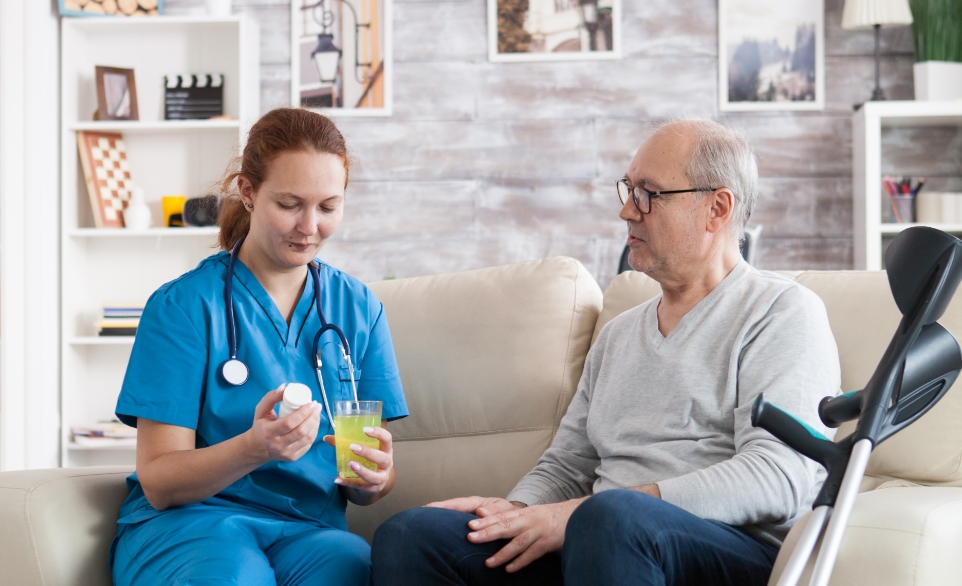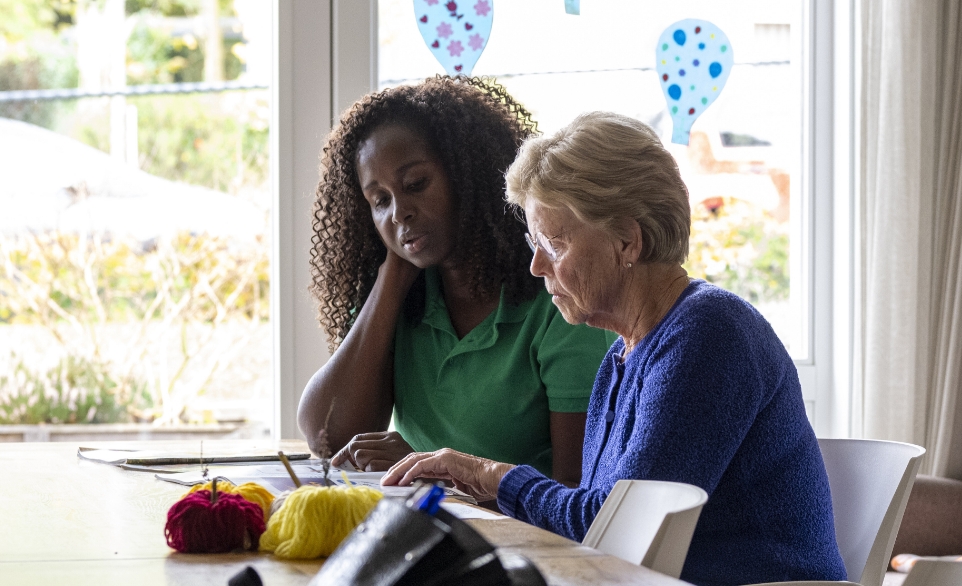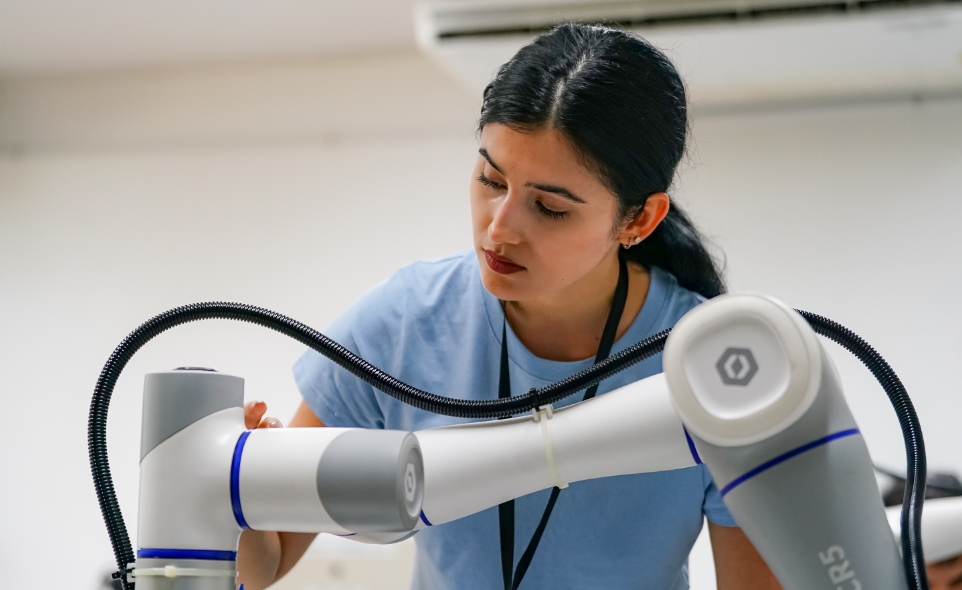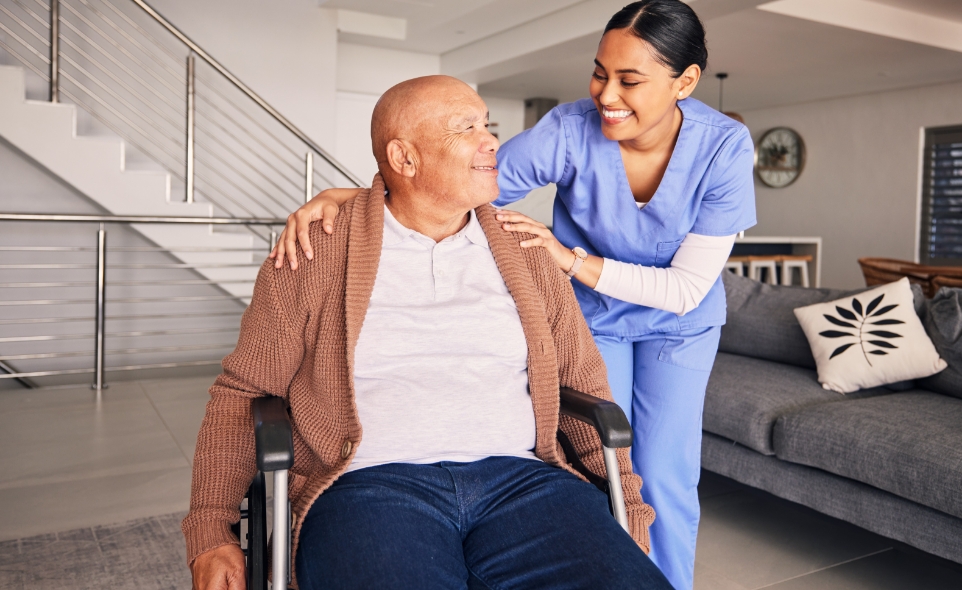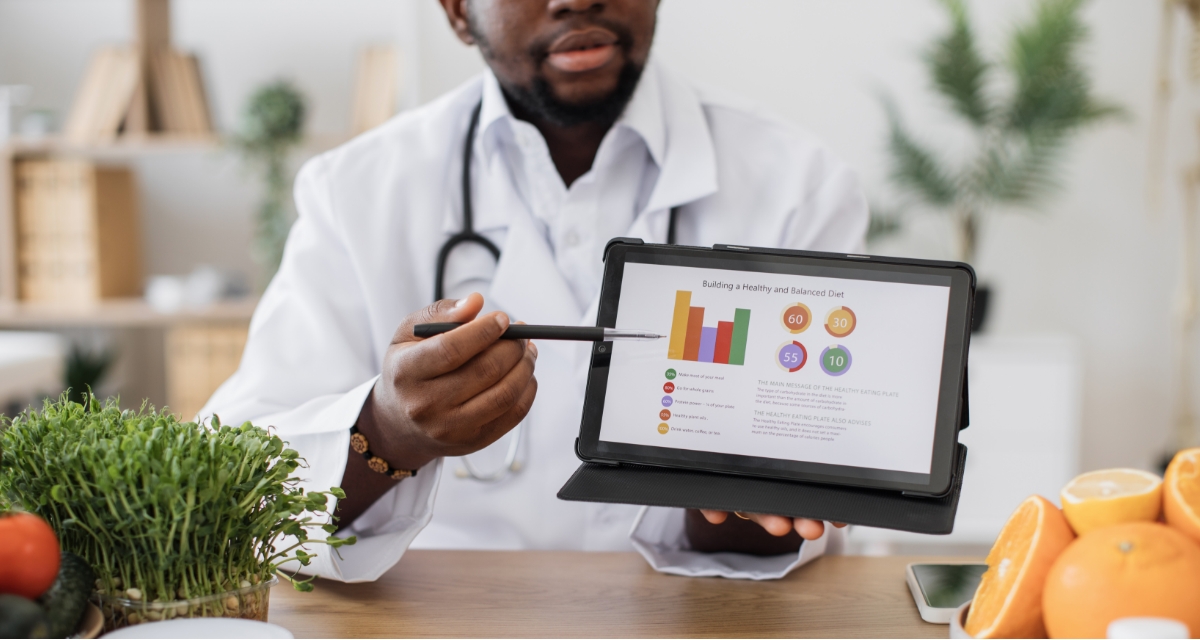
We often think of dashboards as something you’d find in a car or a spreadsheet. Useful? Yes. But life-saving? That might feel like a stretch.
Until you see what’s happening in healthcare.
Across the care sector, data-led systems are quietly transforming how decisions are made, risks are managed, and lives are protected—and at the centre of that transformation? Dashboards.
But not just any dashboards. We’re talking about smart, connected, real-time visualisations of what’s happening across your business—where the right person sees the right information at the right time and can take action before problems escalate.
At Big Sister, we help care providers step into this new way of working: one that isn’t reactive, but responsive. One where insight drives impact. One where dashboards don’t just report the news—they help shape the outcome.
So, let’s ask the big question: Can a dashboard really save lives?
Here’s why we think the answer is yes.
What Is a Care Dashboard?
A care dashboard is a digital tool that brings key information together in one place—giving managers, team leaders, and senior carers a real-time overview of:
- Care plan compliance
- Medication administration
- Missed or late visits
- Staff scheduling and punctuality
- Safeguarding alerts
- Incident reports
- Client wellbeing trends
- CQC readiness indicators
- Training and supervision gaps
Instead of sifting through paper files, email threads, or voicemail updates, leaders can see exactly what’s happening across their organisation in seconds.
Why Dashboards Matter: From Delays to Decisions
Let’s consider a traditional paper-based scenario:
- A carer logs a concern in a client’s notes
- The notes are collected at the end of the week
- A senior manager reviews them days later
- The issue escalates in the meantime
Now compare that to a dashboard-led environment:
- A carer flags a concern in their mobile app
- The dashboard updates in real time
- The manager receives an alert instantly
- An intervention is made the same day
That’s the difference between managing risk and missing it.
In care, delays cost lives. Dashboards reduce delays.
Real Use Cases: Dashboards in Action
Here are just a few ways smart dashboards are already making an impact in care businesses:
-
Fall Prevention
Dashboards can track mobility changes, frequency of toileting, or reported dizziness—triggering a flag when patterns suggest a heightened risk of falling. Early intervention (like installing handrails or reviewing meds) can prevent hospitalisation.
-
Medication Compliance
A manager spots a trend where one staff member is consistently logging late medication times. The dashboard allows for quick training, supervision, or support—before a serious medication error occurs.
-
Safeguarding and Wellbeing
An individual’s notes show increasing signs of distress, agitation, or missed meals. A dashboard collates those insights into a single view—helping managers see when behaviour shifts from one-off to concerning pattern.
-
CQC Readiness
With audit trails built in, dashboards make it easy to pull reports, monitor outstanding actions, and ensure compliance is maintained daily—not just when inspectors are booked.
-
Staff Fatigue Management
When dashboards track shift lengths, lateness, and repeated overtime, they can help prevent burnout and identify when carers need support or adjustment.
Why This Works: Data + Context + Action
Dashboards work because they bring together three powerful ingredients:
- Data – the facts: what happened, when, and who was involved
- Context – the trends: what’s changed over time, what’s out of the ordinary
- Action – the insight: what needs to happen now
Together, this forms a complete feedback loop that enables safer, smarter decisions.
And in care, the speed and accuracy of your decision-making can be the difference between a minor concern and a major incident.
Built for Safety, Not Surveillance
Let’s be clear: data-led care should never feel like surveillance.
It should feel like support.
When done right, dashboards don’t point fingers—they point to solutions.
They help teams:
- Spot where a colleague might need mentoring
- Identify when a client’s condition is changing
- See gaps in the rota before they become emergencies
- Celebrate what’s working, not just flag what’s wrong
This is not about micromanagement. It’s about empowered leadership.
For Business Owners: Dashboards as a Growth Tool
The benefits of dashboards don’t stop at frontline care.
For business owners, they offer:
- Peace of mind when you’re not on-site
- Confidence during tenders to show your service is data-led
- Better financial control through time tracking and invoice automation
- Improved CQC ratings through proactive risk management
- At-a-glance performance across branches or regions
This is especially powerful if you’re looking to scale, win new contracts, or demonstrate excellence to private clients.
Training + Visibility = Real Impact
At Big Sister, we go beyond the tech.
We make sure your people know how to use it.
That’s where Carer Academy comes in—providing:
- Practical training on digital systems
- Video guides and real-world examples
- Sessions that show how to turn dashboard insight into frontline action
We also support managers with mentoring and system reviews—helping you choose tools that work for your size, style, and values.
Learn more about Carer Academy → bigsistercare.com/careracademy
And If You Need Staff to Use These Tools…
Even the best dashboard needs humans behind it.
Our SisterStaff service connects care businesses with trained, tech-ready carers who are comfortable using mobile systems, logging visits, and contributing to digital reporting.
We take the stress out of recruitment—and help you find people who fit your future.
Explore SisterStaff → bigsistercare.com/sisterstaff
Watch: Digital Healthcare: AI & Beyond
Want to see how dashboards and digital tools are changing the face of healthcare?
Check out our YouTube playlist: Digital Healthcare: AI & Beyond
We explore:
- How data supports safer care
- What ethical tech really looks like
- How to adopt tools that help people—not replace them
Final Thoughts: Data That Saves, Not Just Tracks
At its best, a dashboard is more than a screen.
It’s a safety net.
A mentor.
A second pair of eyes.
A silent partner helping your team deliver their very best every single day.
Yes—a dashboard can save lives.
Because it helps people see what matters, when it matters most.
Let’s stop using data to look back—and start using it to move forward.
Ready to bring data-led care into your business?
- Start with Carer Academy– bigsistercare.com/careracademy
- Solve staffing gaps with SisterStaff– bigsistercare.com/sisterstaff
- Learn more at bigsistercare.com
- Download our brochure or book a call
Let’s build safer, smarter, more responsive care—together.




